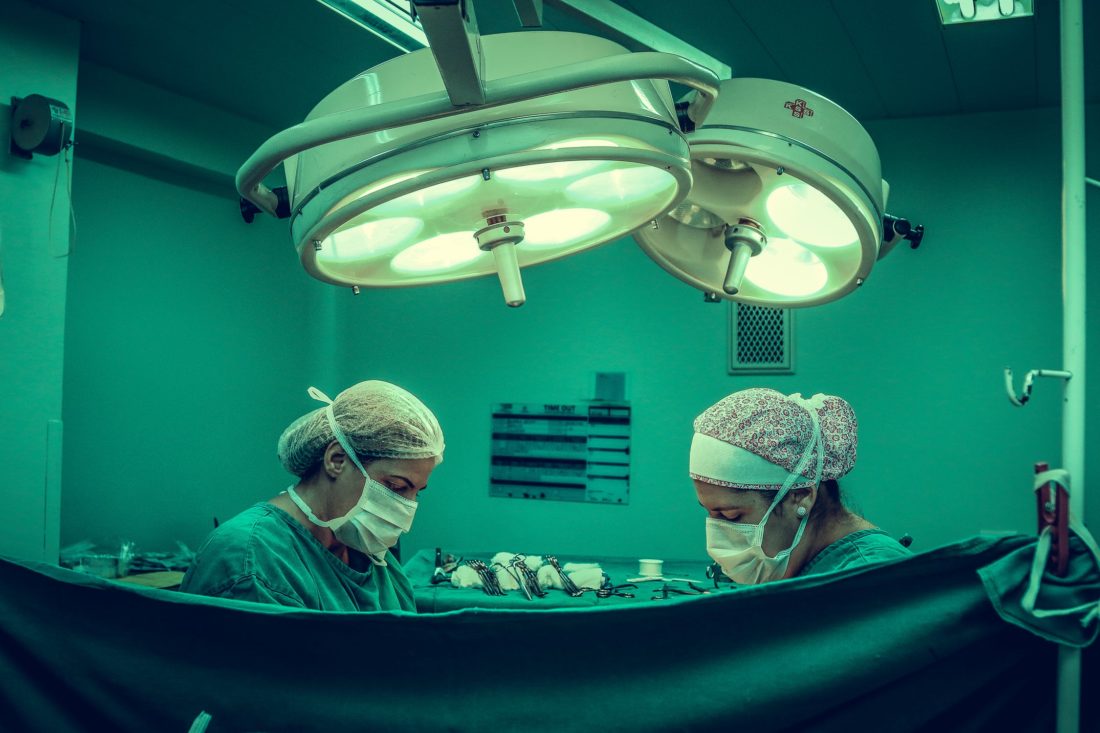Introduction
A kidney transplant is a medical procedure performed to replace a non-functional kidney with a healthy kidney provided by a donor. The kidney can be used from either a living donor or a deceased donor. The kidney is one of the vital organs of the human body.
It is responsible for managing many crucial functions like filtering blood, maintaining fluid balance, filtering waste, and toxic materials from medicines and food consumed. They are also responsible for producing hormones that facilitate good bone health, red blood cells, and control blood pressure.
Risks Associated with Kidney Transplant
Every surgery comes with some possible risks associated with it. Here some possible complications related to a kidney transplant.
- Infection
- Bleeding
- New kidney might not function properly
- Blood vessel blockage
- Urine blockage in the ureter
At times, the new organ is rejected by the body. It’s a normal reaction that the body does to any new tissue or object. The immune system of the body gets activated on identifying a new organ inside it. In such cases, the doctors will prescribe medications that will trick the immune system into accepting the transplant.
Who is Advised to receive a Kidney Transplant?
Not everyone and anyone can go for a kidney transplant procedure. Make sure you discuss your past and present medical conditions precisely with your doctor. You might not be eligible if:
- Your cancer has metastasized to another organ of the body
- You suffer from frequent infections that are incurable
- You don’t follow the doctor’s advice and treatment plan properly
- You have any other medical condition that can get worse after the transplant
- You are a heart patient, and this makes kidney transplant a risky procedure
Preparing for the Kidney Transplant
A series of detailed medical examinations are conducted to assess the requirement and after-effects of a kidney transplant. An experienced team of surgeons, nephrologists, and anaesthesiologist carry on these tests on the patient.
- Blood Tests– Blood tests are conducted to find a suitable donor for the patient. This test also checks if the donor’s kidney will function properly in the patients’ body or not.
- Mental Health– Many other issues affect the patient’s mental health like financial status, stress, personal problems, family support, and so on. Doctors also analyze these issues as they can hamper the patient’s recovery process.
- Diagnostic Tests– These tests are conducted to assess the patient’s overall health condition. These include ultrasound, X-ray, kidney biopsy, and so on. In the case of a female patient, pap test, mammogram, and gynecology evaluation is also advised.
What to expect before a Kidney Transplant Process?
Here are some measures that are undertaken before a patient is scheduled for a kidney transplant.
- The medical team will explain to you the complete procedure
- You can also clear all your concerns in advance before signing the consent form.
- The doctor will give you routine dialysis as per the requirement
- You will be asked to fast 8 hours before the surgery
- The surgeon will provide you with sedatives to help you relax before surgery
- You might be given some special instructions based on your current medical condition
What to expect after a Kidney Transplant Surgery?
The recovery phase is a crucial time for both the patient and their family members. Family members must ensure that the patient gets adequate rest and remains stress-free.
- Hospital– Normally, a transplant patient can get back to its healthy life within eight weeks of the procedure. You might be asked to stay in the hospital as per the advice of the doctor. You will be under medical supervision to assess the performance of the new kidney and body’s response to it.
- Lifestylemodification – You must immediately adapt to a healthy lifestyle. Smoking and consuming alcohol is prohibited after a kidney transplant. Involve light exercises, meditation, and yoga to reduce the stress levels in your body. Stay close to your family and inform them about any unusual symptoms. Regular check-ups are also crucial for a speedy recovery.
- Medications– Medications play a vital role in making your kidney transplant procedure a success. Make sure you take your medicines on time and regularly. These medicines will help in reducing the risk of any possible complications. Introduce some healthy habits that will improve your quality of life.
Conclusion
Meet some kidney transplant survivors and understand their journey. You can also share your personal experience on social media. Keeping yourself engaged and active is the key to a speedy recovery. Keep researching the subject and lead a healthy life.
